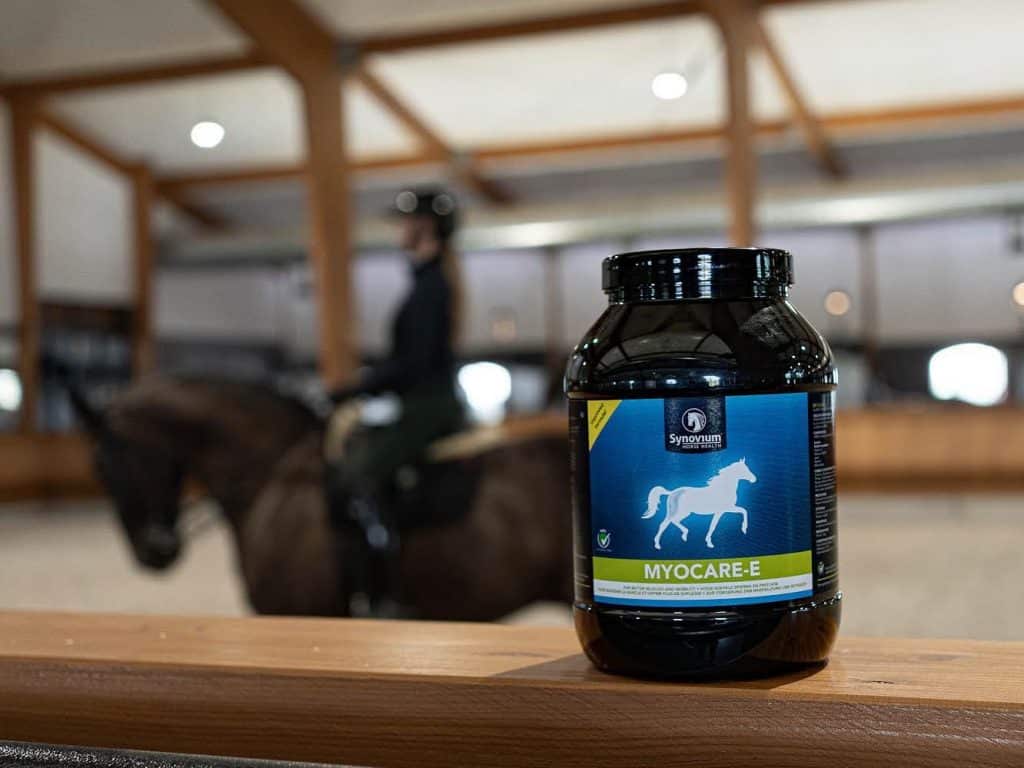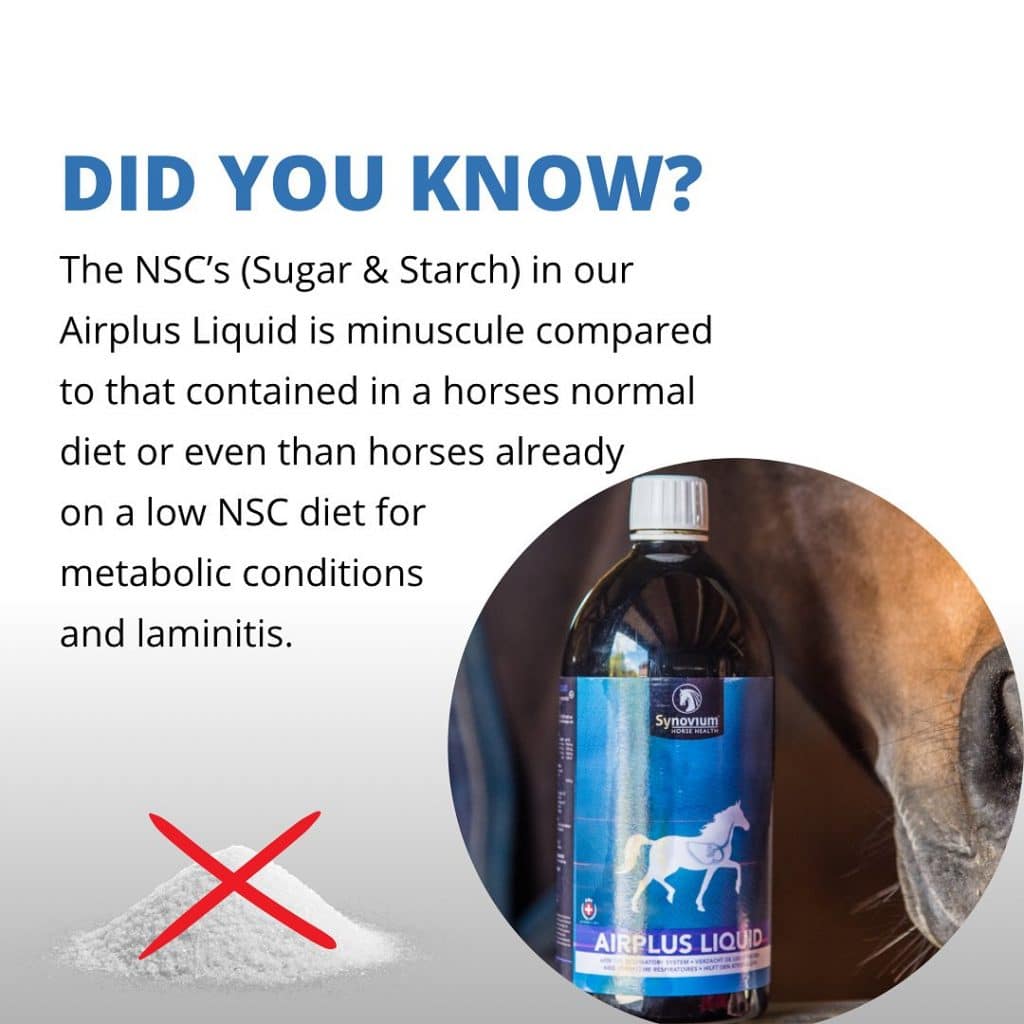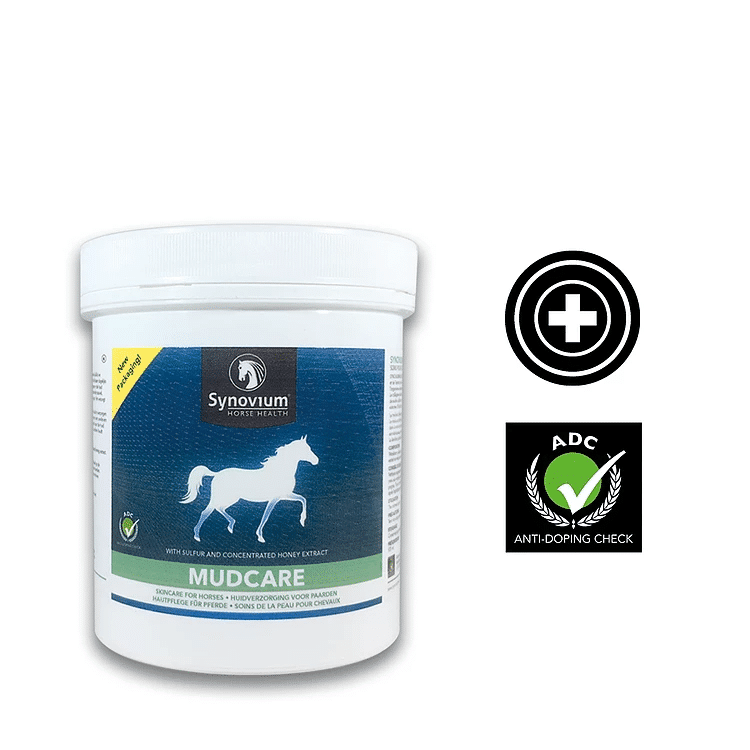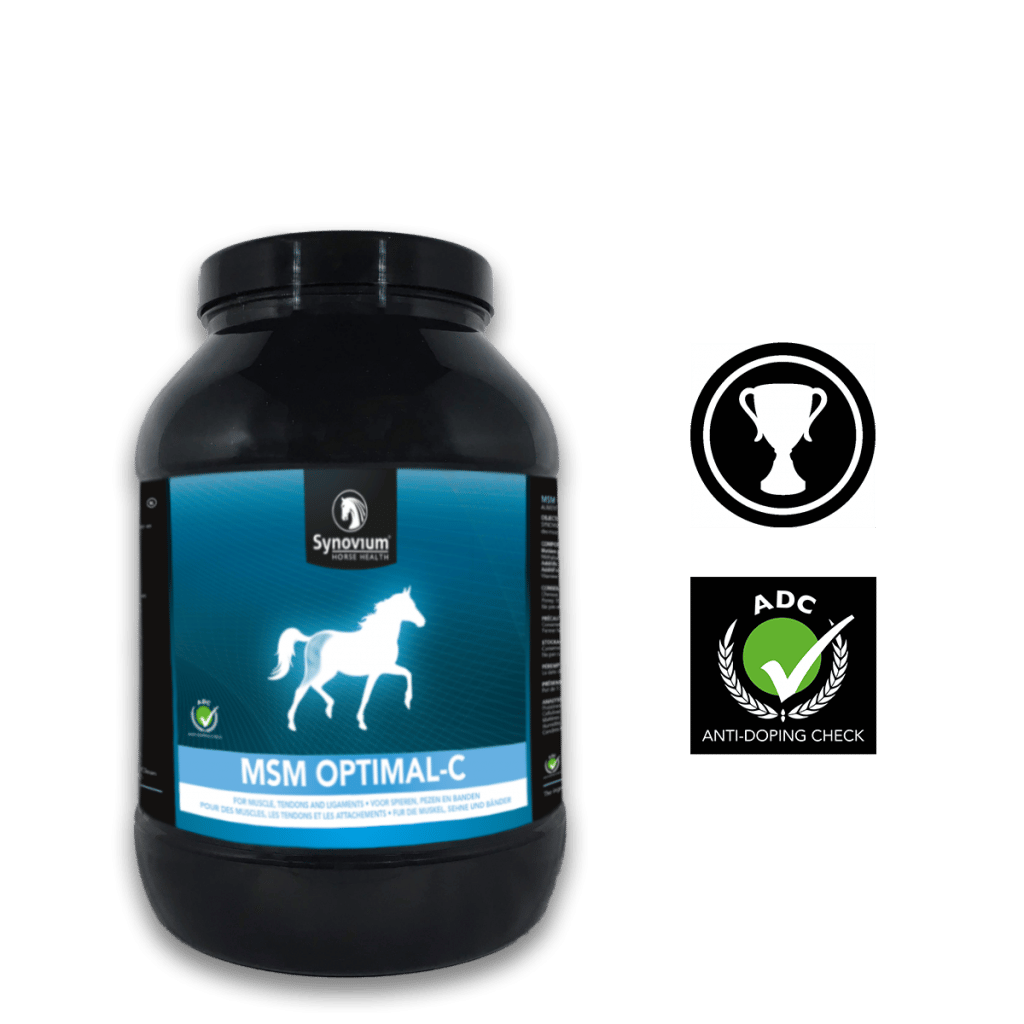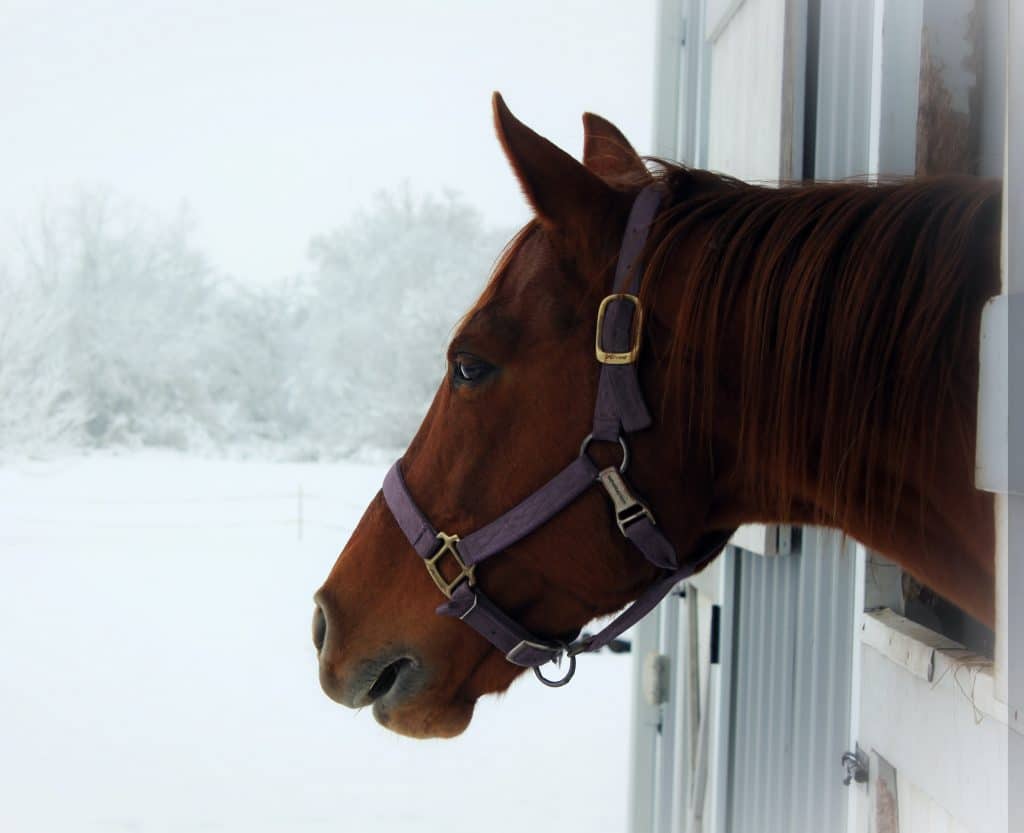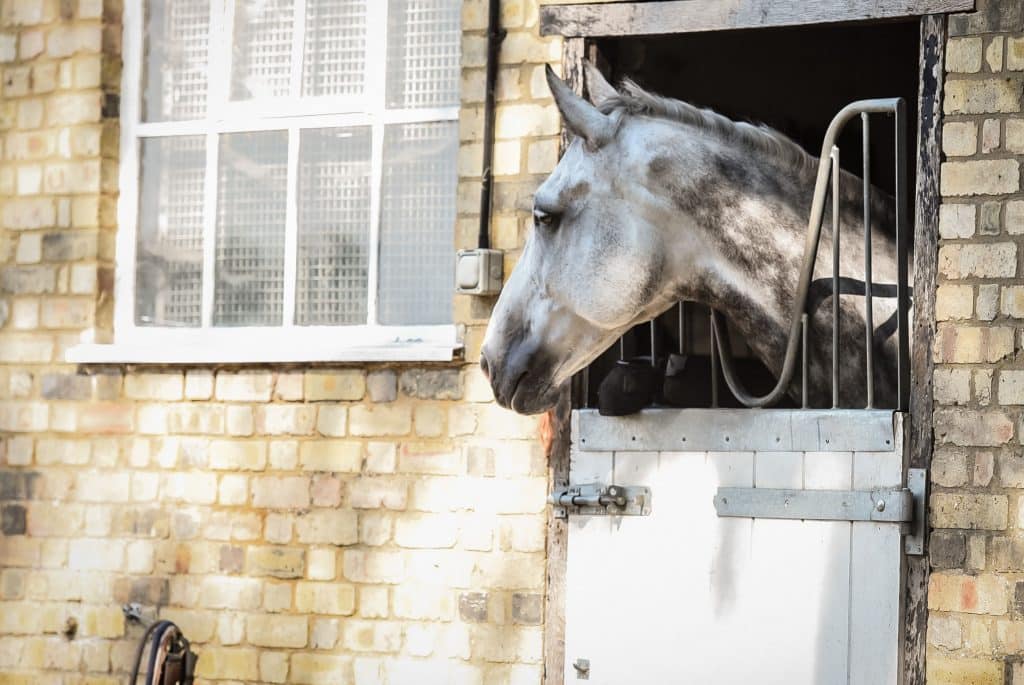In this week’s blog, we will look at PSSM (Polysaccharide Storage Myopathy) in horses, other names given to this syndrome include exertional rhabdomyolysis (ER),or tying-up. PSSM is classified as a metabolic disease that results in the accumulation of high muscle glycogen and abnormal polysaccharide in skeletal muscles. We will discuss some of the specific causes […]
Category Archives: Horse Supplement Info
The body weight of the horse significantly impacts their performance, health, and overall well-being. Maintaining a healthy body weight mainly relies on suitable nutrition. A diet that exceeds or fails to meet the horse’s daily needs subsequently leads to being overweight or underweight. Therefore, It is essential to regularly monitor the horse’s body weight and […]
What is mud fever? ‘Mud Fever’, also known as pastern dermatitis, is a skin condition that causes irritation, soreness, and scabs with moist lesions underneath. Mud Fever is usually found on the back of the horse’s heels and the fetlocks, but it can extend up the back of the legs. Infections can develop underneath the […]
MSM for horses. What are the benfits of supplementing horses with MSM. Synovium MSM pure.
Electrolytes for horses are particularly important as they are required by many functions of the body, including nerve, muscle, and digestive function. Electrolyte supplements commonly consist of the 5 major electrolytes which are sodium (Na +), potassium (K +), chloride (Cl−), calcium (Ca2+), and magnesium (Mg2+). It is important that electrolytes are balanced with the […]
Beta – Alanine? What is it and why feed it? Beta Alanine is an amino acid that supports muscle performance by allowing the natural ability of the muscles to deal with lactic acid build up, this is important for the horse athlete. Carnosine (a mini protein or dipeptide) is a natural buffer against lactic acid […]
It is definitely cold outside and as equestrians we all dread this time of year, so we have been chatting to Synovium’s riders to find out their top equine winter tips. As we head into January we know it is going to be wet, cold, icey which poses many challenges to all horse owners. These […]
Did you know that the most common cause of equine respiratory, COPD in horses is an allergic reaction or hypersensitivity to the dust spores from hay and straw. Horses have delicate lungs and are very sensitive to dusts, pollens, and mold spores; exposure to these irritants over time can cause damage to the respiratory system. COPD […]

